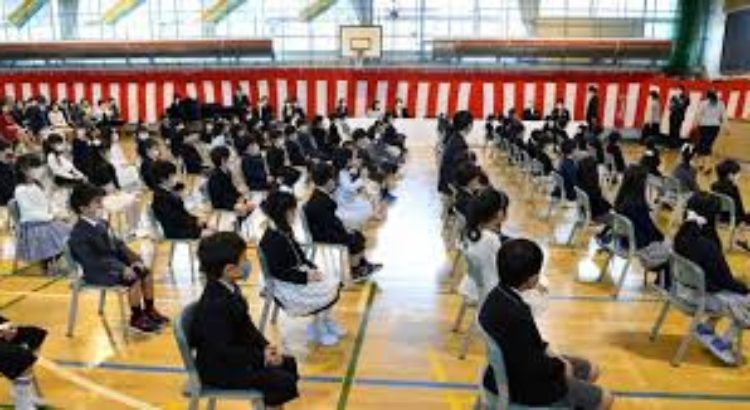Asia/ Japan/ 14.04.2020/ Source: mainichi.jp.
Only 38 percent of public and private schools across Japan managed to begin their new academic year this month with students in classrooms in the wake of the coronavirus epidemic, the education ministry said Monday.
But in Tokyo, Osaka, Fukuoka and four other prefectures placed under a state of emergency by Prime Minister Shinzo Abe’s government last week, the proportion was a mere 6 percent, according to data compiled by the ministry as of Friday.
In Japan, a new school term typically begins in early April. Even before requesting people, especially those in the seven prefectures, to stay home as much as possible, Abe asked nationwide elementary, junior and senior high schools to shut for about one month from early March through the end of the spring break.
The data, covering public, state-run and private educational institutions from preschools through high schools, showed that 55 percent of them in the rest of the country’s 40 prefectures started the new term.
But all public and national schools in the seven prefectures remained closed, while 24 percent of private schools including preschools in the areas opened their facilities.
In other regions of Japan, 52 percent of public, 40 percent of national and 75 percent of private schools opened for the new term.
Of 900 universities and vocational colleges responding to the ministry’s survey, also as of Friday, 85.8 percent said they had decided to postpone the start of the new academic year or were still considering whether to change the schedule.
None of the universities and colleges in the seven prefectures said they would be holding classes as usual, while 4 percent in other regions of the country said they would.
As for online classes, 74.4 percent of national universities said they would hold them, compared to 46 percent of private universities and 32.7 percent of vocational colleges.
In a bid to prevent the further spread of the virus, Abe declared a monthlong state of emergency last Tuesday for the seven prefectures with big urban populations, also including Chiba, Hyogo, Kanagawa and Saitama, which have been grappling with a recent spike in the number of new cases.
The declaration, based on a revised law enacted last month, has given the governors of the seven prefectures the power to call for school and some business closures until this year’s Golden Week holidays end on May 6.
Source of the notice: https://mainichi.jp/english/articles/20200414/p2g/00m/0na/012000c






 Users Today : 119
Users Today : 119 Total Users : 35459585
Total Users : 35459585 Views Today : 183
Views Today : 183 Total views : 3417941
Total views : 3417941